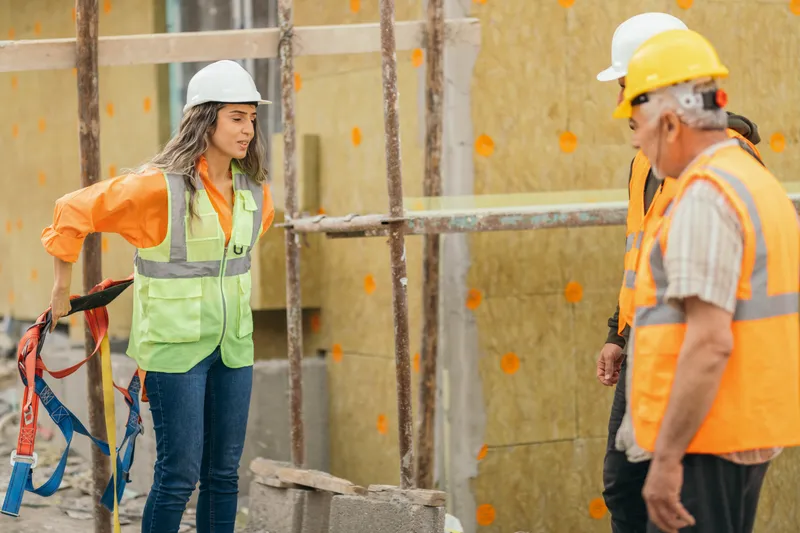This is a question that many employees and employers may have, especially in the context of the COVID-19 pandemic and its impact on social norms and expectations. In this article, we will explore the history, benefits and challenges of this practice, as well as some alternatives and recommendations for the future.
The tradition of going out for a drink with colleagues after work has been a common feature of Australian workplaces for decades. It is often seen as a way to relax, bond, network and celebrate achievements or milestones. Some studies have suggested that after work drinks can improve team cohesion, morale, trust and communication, as well as reduce stress and conflict. However, there are also potential drawbacks and risks associated with this practice, such as:
- Excessive alcohol consumption and its negative effects on health, safety and productivity
- Pressure or coercion to participate or drink more than one is comfortable with
- Exclusion or discrimination of those who do not drink or cannot attend due to personal or family reasons
- Blurring of professional boundaries and ethical standards
- Increased likelihood of harassment, bullying or misconduct
The COVID-19 pandemic has also disrupted the usual patterns and routines of many workers, forcing them to adapt to new ways of working remotely or flexibly. This has reduced the opportunities and incentives for after work drinks, as well as raised questions about their relevance and appropriateness in the current situation. Some workers may prefer to spend more time with their families or friends, or pursue other hobbies or interests. Others may face logistical or financial barriers to joining social events, such as travel restrictions, lockdowns or reduced income. Moreover, some workers may feel anxious or uncomfortable about socialising in crowded or enclosed spaces, due to health concerns or social distancing rules.
Given these changes and challenges, it may be time to rethink the role and value of after work drinks in Australian workplace culture. While there is no definitive answer or solution, some possible suggestions are:
- Encourage a culture of moderation and responsibility when it comes to alcohol consumption, and provide support and resources for those who may have a problem with drinking
- Respect the diversity and preferences of workers, and do not pressure or penalise anyone for not attending or drinking
- Offer a range of social activities that cater to different interests, needs and circumstances, such as coffee breaks, lunch outings, sports events, online games or quizzes
- Ensure that social events are inclusive, respectful and safe for everyone, and have clear policies and procedures to prevent and address any issues that may arise
- Communicate regularly and effectively with workers about their expectations and feedback regarding social events, and involve them in the planning and decision-making process
After work drinks can still be a part of Australian workplace culture, but they should not be the only or dominant form of social interaction among workers. By being more flexible, creative and mindful, employers and employees can foster a positive and healthy workplace culture that benefits everyone..



